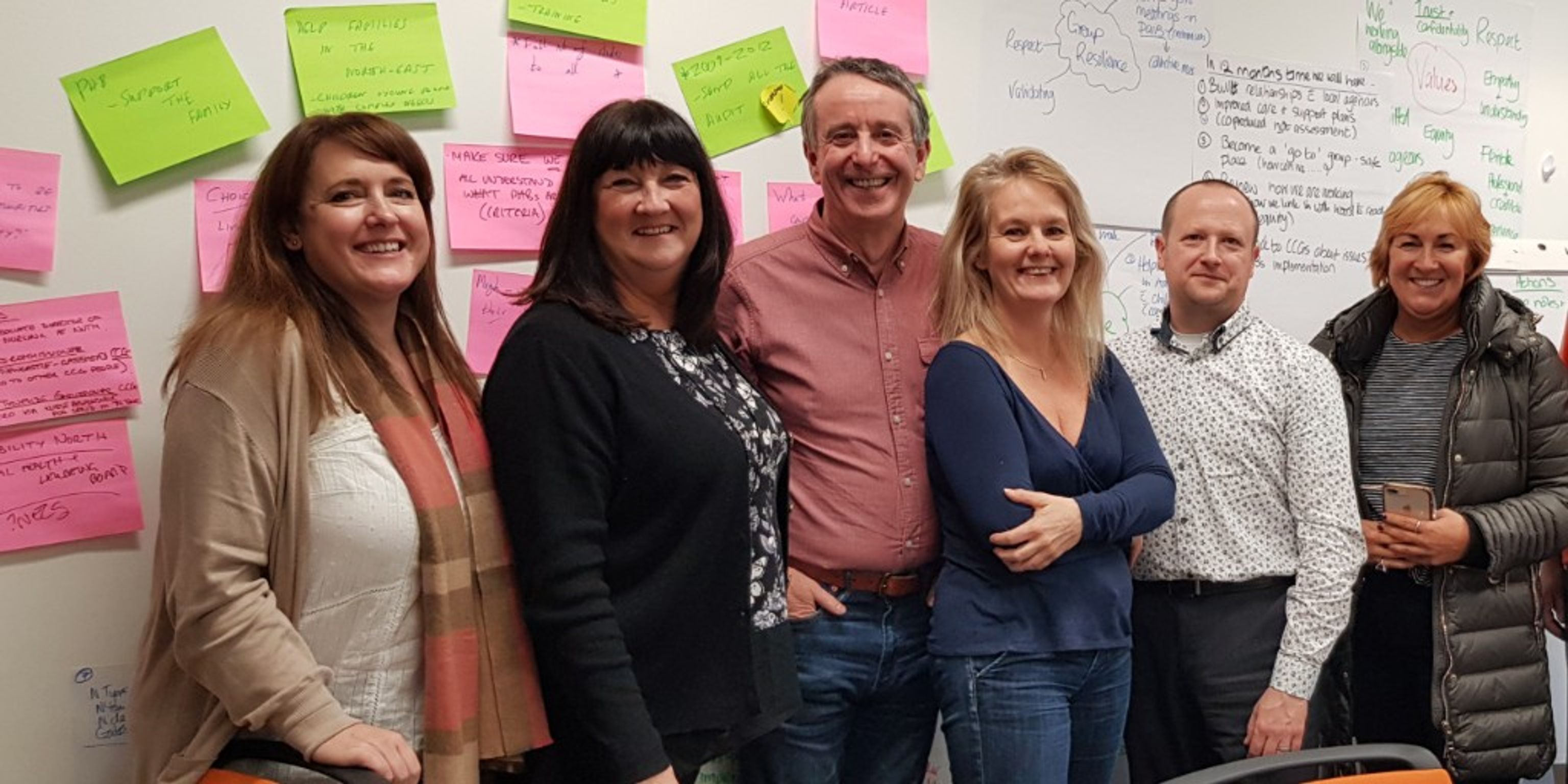
MyCareBudget: a wiki to help carers with Personal Health Budgets
Digital Health



Abstract
MyCareBudget is a free public wiki that contains over 95 peer-produced documents that support unpaid carers in running their Personalised Healthcare Budgets.
Method
MyCareBudget was co-designed as part of a Peter Glick’s PhD project at Newcastle University alongside 49 citizens with experience of managing PHBs, together with 16 staff from healthcare authorities and the VCSE sector.
Takeaways
It has over 4,700 members as of the end of 2022 and is still growing, providing free downloads of over 95 templates and policies.
MyCareBudget is a free public wiki that contains over 95 peer-produced documents that support unpaid carers in running their Personalised Healthcare Budgets including resources such as staff policies and risk assessments. It has a growing membership of 5,000 users after 16 months of operation. MyCareBudget has made a positive impact on the lives of disabled citizens and their families.
MyCareBudget was co-designed as part of a Peter Glick’s PhD project at Newcastle University alongside 49 citizens with experience of managing PHBs, together with 16 staff from healthcare authorities and the VCSE sector. A subset of this online community now meets monthly, tackling inequalities for those with long-term complex healthcare need
It was codesigned with people with lived-experience of running a personalised healthcare budget, and was designed with their own issues at the heart of it. This community has conceived, designed, populated and promoted www.MyCareBudget.org
It has over 4,700 members as of the end of 2022 and is still growing, providing free downloads of over 95 templates and policies.
The use of coproduction to create MyCareBudget has delivered trust in the content for its users, with over a thousand downloads of documents by citizens - the documents used to support their lives of care.
Personal Health Budgets
When you have long-term need complex needs due to conditions such as multiple sclerosis, cerebral palsy, genetic disorders, or a profound learning disability, you need care 24 hours a day, 7 days a week from a team of paid carers. These carers perform all your personal care, medical needs, and moving and handling.
Fortunately, due to the campaigning from disabled people for Disability Rights and Independent Living, the National Health Service in England now offers Personal Health Budgets.
Personal Health Budgets (PHBs) can deliver funding for care directly to you or your family. Allowing you to recruit, interview, employ and manage a team of paid carers that you feel happy to care for you, in your own home. This gives you choice and control in your own life and has been proven to produce brilliant outcomes and save money.
Most recent NHS data shows there are nearly 90,000 people in England that receive a PHB. There are doubtless many more that are eligible but PHBs are a well-kept secret, a mystery to many medical and care professionals.
Issues surround the delivery of PHBs. A key one is that once you can access the funding, the healthcare authorities in many regions across England turn their back on you. Leaving you without support, access to information, or access to your peers on how to manage this budget. I know this as I have helped to run a PHB for a family member for the last five years. This has motivated my research into how we can alleviate the social injustices placed on the disabled person.
The lack of support means that overnight, as a PHB holder, you become personally responsible for all aspects of employment and care law. You are now, effectively, the owner and management team of a residential care home – but you have been given no training and none will be given. You have no knowledge or experience of how to perform a myriad of roles.
The public wiki supports the responsibility placed on the unpaid carers in receipt of a PHB. It has been a profoundly useful tool for unpaid carers, offering tangible assistance in the form of the documentation needed to run a care team in their home.
MyCareBudget shows that working with PHB holders, not authorities, can fill gaps and make lives easier for carers. It is a simple website, yet the difference it can make to families is huge.
Findings from 2023 CHI paper
This research was part of a paper for the 2023 ACM CHI conference proceedings.
MyCareBudget highlights the importance of co-designing sustainable healthcare interventions and infrastructures with underserved and marginalized populations in healthcare settings, particularly given the increasing numbers of unpaid carers and the growing popularity of Personal Health Budgets.
The approach taken involved leveraging participatory methods, including asynchronous and remote engagements, which enabled the co-creation of a digital commons that provides for democracy in both its design and as an intervention.
The project's results offer valuable insights for HCI interested in co-designing with underserved and marginalized populations, particularly in healthcare settings. It demonstrates the importance of including participants as partners in the design process, addressing the issues of importance to them, and ensuring their safe participation.
Awards
Peter Glick won the Postgraduate Student award in the 2022 Engagement and Place Awards for his work on MyCareBudget.
MyCareBudget. was also Highly commended in Excellence in Patient and Public Involvement in Innovation in the NHS and AHSN Innovation Awards.